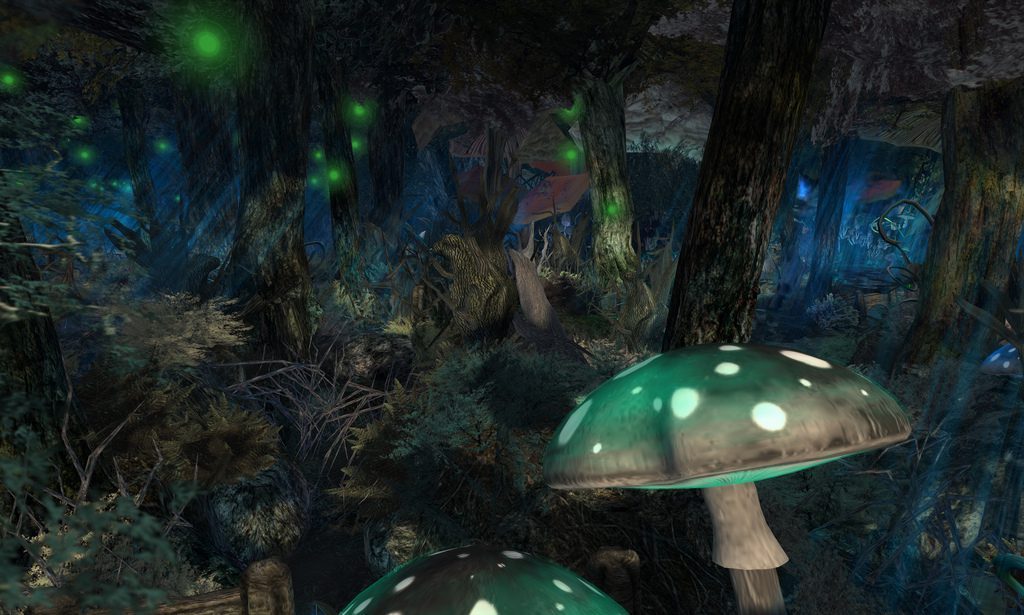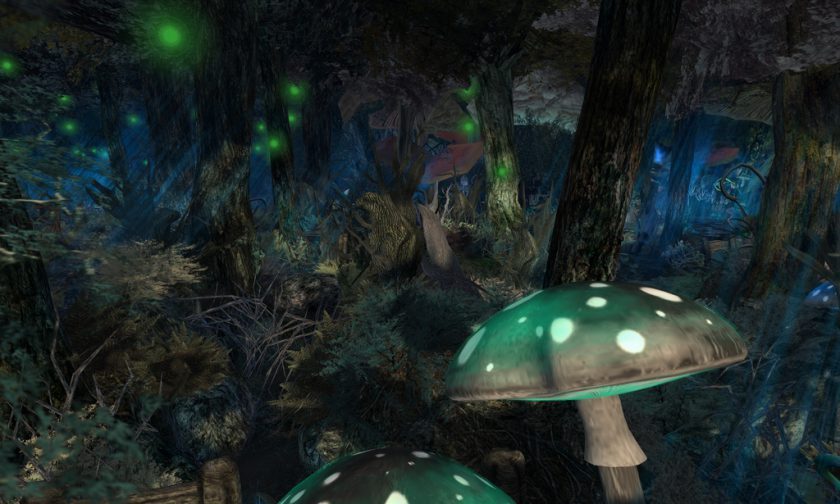There was an interesting discussion about realism in fantasy the other day (thread here). Lots of good points were made by my friends Tim and Gábor (whom you should follow, obviously).
Personally, I think the term “realism” is flawed when used to describe fantasy. It’s not a matter of if something is real or not, it’s a fantasy, a story even, so realism, to me, is the wrong term.
I like believability instead. How much do you believe that something is true to the world? It’s not how real it is, it’s how believable it is in both the story and the setting.
Sticking to fantasy, imagine a traditional sword and sorcery setting, with swords and barbarians. Magic exists but it’s rare, sorcerers are uncommon and true ones even more so. A puppet-master magician controlling the king might be believable, magic gives an upper hand and opens doors to the practitioner that are closed to everyone else. However, two groups of magicians duking it out in the street, throwing fireballs and invoking the elements, that chafes with the rarity of magic. It’s not believable. It’s sure as hell isn’t realistic, no matter how you cut it, but that’s beside the point. With the story and setting as the backdrop, it’s not believable because that’s not how we’ve been told magic works in this particular world.
Staying true to the reader, the story, and the world is what makes something as outrageous as magic believable. It’ll never be realistic, no, but believable in the context.




